Artificial Intelligence is rapidly transforming societies across the globe—but according to Dr. Whisper Rukanda, Africa must chart its own path in this revolution. Speaking at the recent Tech Fusion Conference, he delivered a powerful keynote urging the continent to take control of its data, define its ethical frameworks, and lead the development of AI systems that reflect African realities.
Dr. Rukanda’s who is the founder of Monipac digital forensic services tackled the pressing intersection of AI, ethics, and cybersecurity, highlighting how most AI technologies in use today are trained on Western datasets that do not accurately represent African cultures, values, or social norms. This, he argued, creates ethical blind spots when these systems are implemented locally.
“There’s quite a lot to unpack when it comes to AI and ethics,” he said. “Many of the values that guide AI development today are drawn from Western contexts. But AI must be trained with ethics—and those ethics should reflect local realities.”
He warned that by relying on data developed elsewhere, Africa risks adopting AI tools that make flawed decisions, reinforce harmful biases, or simply fail to serve communities effectively.
“One of the main challenges we face in this part of the world is that the data we’re using isn’t African,” he noted. “It’s European or first-world data, and that creates a disconnect.”
To address this imbalance, Dr. Rukanda proposed the establishment of a continental centre dedicated to African AI and data ethics. Such an institution would gather original data rooted in African experiences and moral frameworks, providing a foundation for AI models that speak directly to the continent’s needs.
“Before we even address ethical issues in AI development, we need to start by collecting original data—data that reflects who we are, how we live, and what we believe,” he emphasized. “From there, we can begin to build AI models that speak to our ethics.”
He acknowledged that while some values—like anti-corruption—are globally accepted, many ethical principles are context-specific. Without properly localized datasets and culturally aware design, AI risks becoming a tool of digital colonialism rather than progress.
“What we’re doing right now is pushing AI frameworks developed in the West into Africa,” Dr. Rukanda warned. “Instead, Africa should be a centre for developing ethical AI systems informed by our own philosophies and realities.”
Beyond ethics, Dr. Rukanda explored how AI is transforming the field of cybersecurity. He explained how AI can help detect vulnerabilities in infrastructure, analyze patterns in digital behavior, and aid in tracking criminal activity through smart data monitoring.
“In cybersecurity, AI can quickly identify weak spots in infrastructure, systems, and networks,” he said. “It’s faster, more responsive, and increasingly intelligent.”
Using everyday examples, he illustrated how data from connected devices—such as smartphones and cars—can be used to track movements and habits. He cautioned, however, that this powerful capability poses serious privacy concerns if misused.
“Each time you enter your car and connect your phone via Bluetooth, it records your location. If you’re involved in criminal activity, that digital footprint can be traced,” he said. “But if someone with bad intentions accesses that data, it becomes a surveillance tool.”
Dr. Rukanda stressed the need for digital responsibility, encouraging individuals to stay informed, update their devices, and understand the risks of data exposure. Simple habits—like using secure operating systems and managing app permissions—can make a significant difference.
“Before you go online, ask yourself: are you secure? Do you have the right systems in place to protect your data and devices? Or is it an open door for anyone?”
His call to action left a lasting impression on the audience. The message was clear: Africa cannot afford to be a passive consumer of AI technology. It must become an active creator—building tools that reflect its own ethics, values, and aspirations.
As momentum builds across the continent for homegrown innovation, Dr. Rukanda’s vision stands as a blueprint for responsible and inclusive digital development. By reclaiming its data and redefining AI through an African lens, the continent has the opportunity not just to catch up with the rest of the world—but to lead.


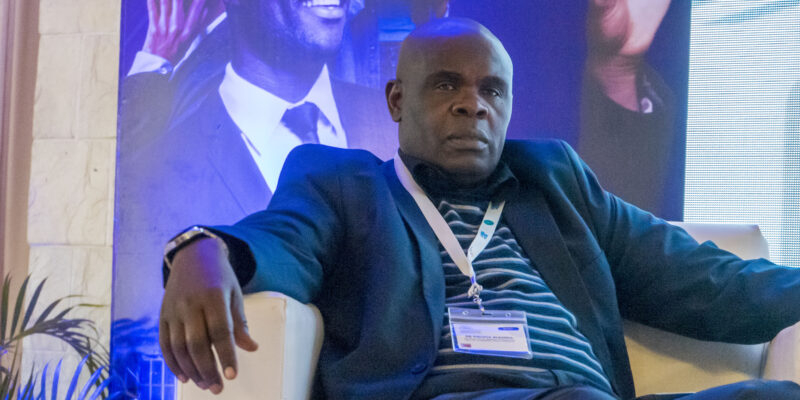
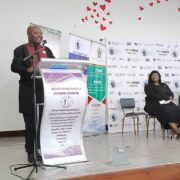

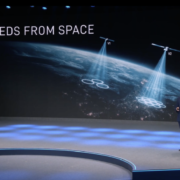

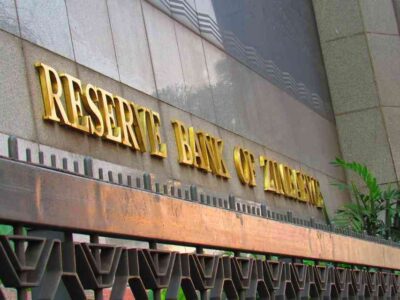

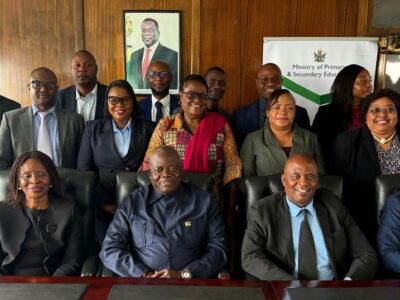
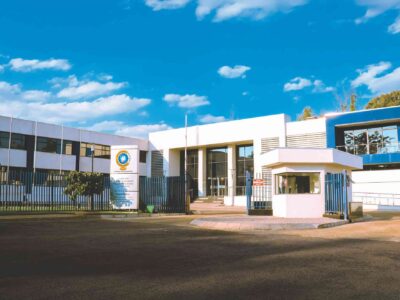



Comments